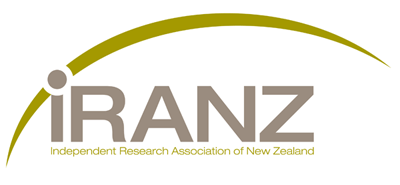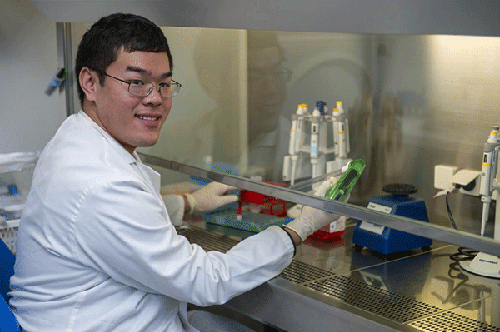Ongoing commitment brings depth and breadth to independent health research
Malaghan Institute's partnerships with
A robust review of independent research organisations (IROs) receiving funding from the Health Research Council of New Zealand (HRC) has driven home the benefits of long-term stable investment in health research. The mid-term review that’s just taken place was part of a seven-year agreement between the HRC and four IROs. These are organisations that are recognised by the government for doing work that’s nationally significant and deserving of more stable backing. The IROs include IRANZ members the Malaghan Institute of Medical Research and the Medical Research Institute of New Zealand, as well as Te Atawhai o te Ao: Independent Maori Institute for Environment & Health (Whanganui), and Whakauae Research Services (Whanganui).
The HRC’s senior research investment manager, Lucy Pomeroy, and senior manager of Maori health research investment, Mr Stacey Pene, managed the review process which involved four external review panels. “All the panels were confident that the work planned over the next three years represents investment in excellent health research and directly contributes to a vibrant health research environment,” says Mr Pene. “These IROs are making major health, economic, social and environmental contributions to
Malaghan Institute of Medical Research
Director of the Malaghan Institute, Professor Graham Le Gros, saw the continued commitment as a resounding confirmation of the impact their cancer, allergic and inflammatory diseases research programmes and capability to translate scientific discoveries into tangible health and economic benefits for
“This significant investment by the HRC has and will help us retain the capability and expertise we have developed at the Malaghan Institute over the last 50 years, while still allowing us to foster the freedom, spirit and philanthropic support that has been the source of our scientific discoveries,” said Prof Le Gros.
Medical Research Institute of
Medical Research Institute of
Professor Beasley says the on-going commitment provides the certainty and stability necessary to increase both the depth and breadth of the MRINZ’s research programmes and will allow for an increase in the number of specialist staff and associated infrastructure support. “Progress in some areas of MRINZ research is already changing clinical practice in a whole variety of areas including asthma management, blood transfusions in cardiothoracic surgery, and intensive care, which will improve outcomes for patients in New Zealand and internationally.”
For more information about the funded research of either the Malaghan Institute or the MRINZ please see the following press releases:
Date posted: 19 June 2018

